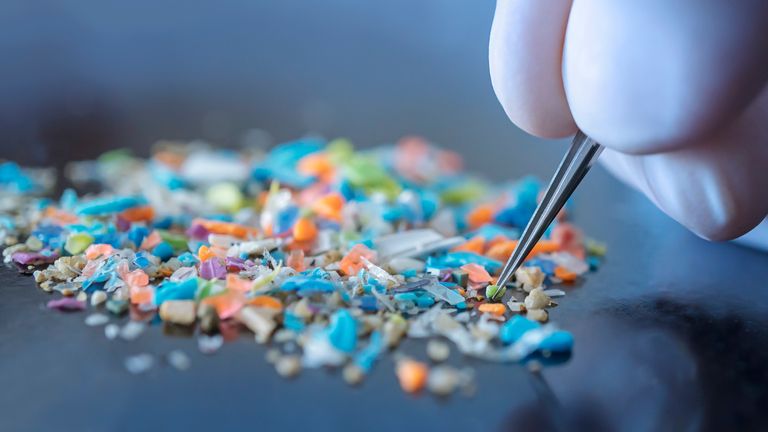Fish appear to spank their children—and it makes their kids more cooperative in their duties, new research has found.
A species of cichlid fish named Neolamprologus savoryi—native to Lake Tanganyika in Central Africa—physically punish their offspring in order to spur them into helping, according to a new paper in the journal Animal Behaviour.
These findings imply that this fish may have more advanced and complex social skills than we first thought.
Neolamprologus savoryi is a cooperatively breeding fish, meaning that their offspring stay with their parents and the family group for a long time, helping their parents raise any subsequent siblings. Cooperative breeding is seen in a number of species, mostly birds and mammals, but the cichlid fish in Lake Tanganyika are the only fish species in the world known to use this breeding system.
Cooperative breeding is evolutionarily beneficial for all parties, as more caregivers means better defense against predators and improved nurturing. This leads to healthier offspring, with the parents being able to produce more offspring than they could manage alone, and the helpers often assisting relatives, ensuring that their genes are passed on indirectly by supporting the reproductive success of close kin.
N. savoryi helpers participate by defending the territory from intruders and ensuring the shelter for the younger offspring is safe and sound.
This system sometimes needs enforcement to make sure everyone is pulling their weight, however, and it appears that these fish use physical punishment to ensure their elder children are helping to raise the youngest.
"Even though punishment in cooperatively breeding cichlid fish has been studied, there is limited evidence that they use punishment to encourage cooperative behavior," study co-author Satoshi Awata, a professor at Japan's Osaka Metropolitan University, said in a statement.
This paper reveals that N. savoryi parents would attack helpers who were being idle, triggering them to participate in their cooperative duties. Those who were proactive in their cooperation were seen to not be attacked by the parents.
"Our study demonstrated that nonhuman animals also use punishment to elicit cooperative behaviors in group members," Awata said.
The authors note that this study reveals punishment is an important part of animal society as well as in humans, and is crucial in maintaining social relationships.
"Our findings reveal that fish, like humans, employ advanced cognitive abilities to sustain their societies. This compels us to reconsider the notion of 'intelligence' not only in fish but across the animal kingdom," Awata said.
Do you have a tip on a science story that Newsweek should be covering? Do you have a question about cooperation? Let us know via science@newsweek.com.
Disclaimer: The copyright of this article belongs to the original author. Reposting this article is solely for the purpose of information dissemination and does not constitute any investment advice. If there is any infringement, please contact us immediately. We will make corrections or deletions as necessary. Thank you.



